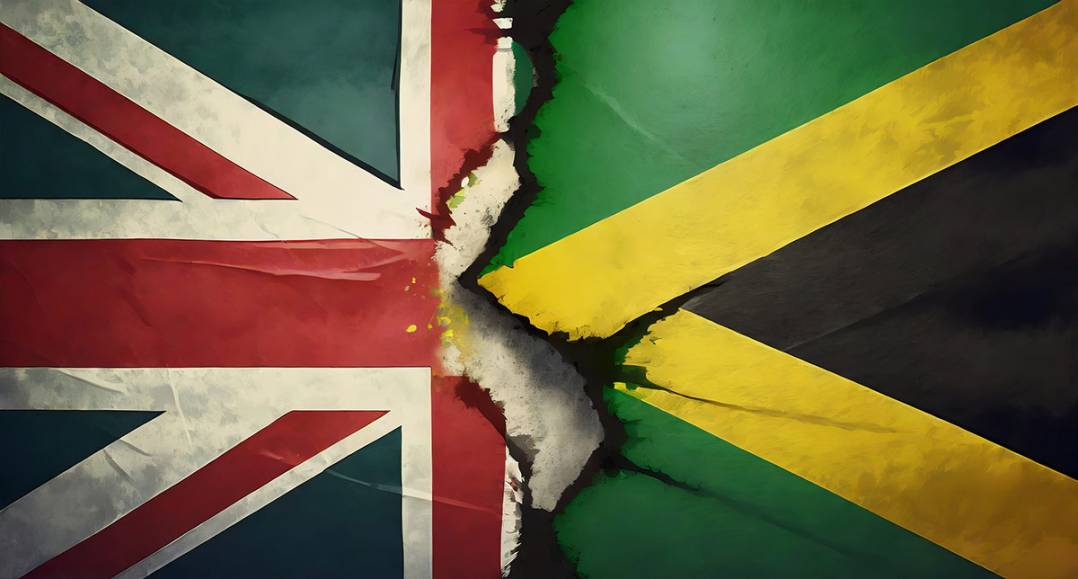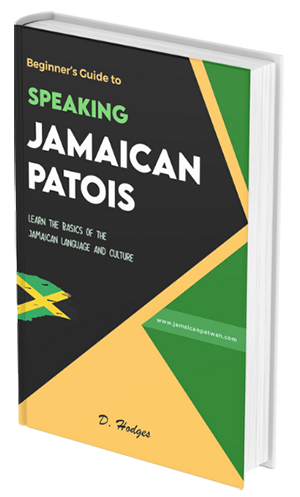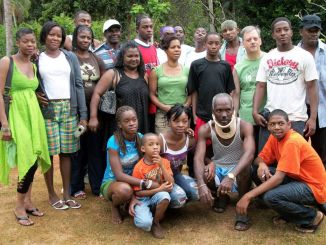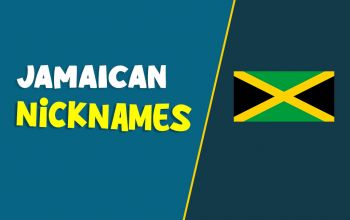The question of whether Jamaican Patois is merely "broken English" often sparks lively debate. At first glance, this language might seem perplexing, with its unique pronunciation, grammar, and vocabulary. However, to dismiss Jamaican Patois as a mere corruption of English would be to overlook its rich history, cultural significance, and linguistic complexity.
Jamaican Patois, also known as Jamaican Creole, is a unique language that emerged from the convergence of English, West African languages, and other influences.
Over time, this linguistic fusion evolved into a distinct language with its own set of rules and expressions.
The Broken English Perception
It's a perception that has been around for a long time – the idea that Jamaican Patois is just "broken English." But it's not that simple, and it's crucial to understand the historical context.
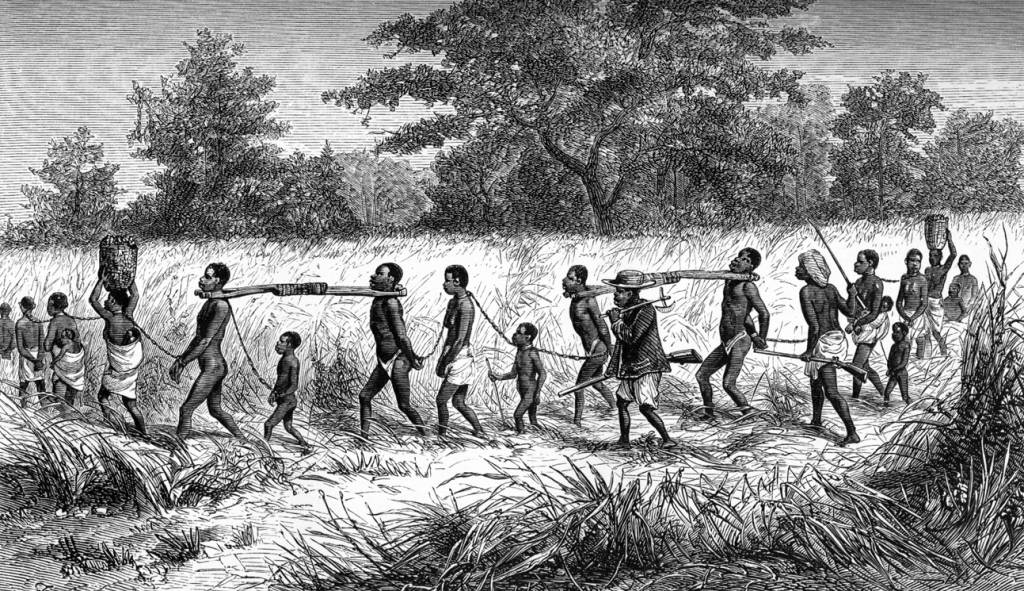 African slaves during colonial times
African slaves during colonial times Historical context
Throughout history, the British Empire imposed English on Jamaica during colonial times, establishing a language hierarchy where English reigned supreme among the rulers and elite, while Jamaican Patois was relegated to the enslaved and lower classes.
This divide created a perception of Patois as inferior, a legacy that lingered long after colonial rule. This biased view, portraying Patois as "broken" or "improper" English, directly stems from this colonial past, aiming to belittle the language of the Jamaican people.
However, scholars in linguistics understand the complexity and diversity of languages and dialects, acknowledging that there's no singular "correct" way of speaking. The whole "broken" versus "proper" language debate often hinges on subjective social and historical factors rather than any linguistic reality. This perception isn't just about words—it touches the heart of Jamaican culture, potentially undermining the pride and significance attached to Jamaican Patois within our identity.
One of the biggest influences on Jamaican Patois comes from our African ancestry. The enslaved Africans brought their languages, cultures, and traditions with them. Over time, these elements blended with other influences.
Spanish and Arawakan Influence
 Arawaks/Tainos of Jamaica
Arawaks/Tainos of Jamaica Before English arrived in Jamaica, the island was under Spanish rule. The Spanish language and Arawakan words made their mark on the evolving language.
Of course, English played a significant role. It became the dominant language of administration and the plantations, leading to a blend of these influences.
Features of Jamaican Patois
Now, let's talk about what sets Jamaican Patois apart from standard English. It's not just about words; it's about di whole vibe!
Phonological Distinctiveness: The way we speak in Jamaican Patois is distinctive. You'll hear variations in pronunciation and intonation compared to standard English. We might drop some "h" sounds (e.g. "Head" is "Ed"), switch "th" with "d" (e.g. "That" is "dat"), and have a unique rhythm to our speech.
Grammar and Structure: The grammar is another standout feature. We have our own set of rules. For example, we use "mi" for "I," "yuh" for "you," and "dem" for "them." And don't forget di famous "yah" for "here" or "deh" for "there."
Rich Vocabulary: Our vocabulary is a treasure trove. We've got words that might not make sense to someone not familiar with Jamaican Patois. "Irie," "Nyam," "Likkle," and "Bredrin" are just a few examples. These words carry deep cultural and historical significance.
Subcribe to Our Youtube Channel
Learn Jamaican Patois & Get more of the Jamaican Vibe with our easy to follow video lessons.
SubscribeConclusion
Jamaican Patois isn't merely "broken English." It's a distinct creole language, a vibrant fusion of West African, English, Spanish, and indigenous influences. Its grammar, syntax, and rich vocabulary distinguish it as a language in its own right, deeply rooted in Jamaican history and culture. Embracing its uniqueness celebrates linguistic diversity and honors the resilience and creativity of the Jamaican people.
Beginner's Guide to Speaking Jamaican Patois
Looking for a quick and easy way to learn Jamaican Patois? Our Beginner's Guide has everything you need to get started;
- Learn correct word pronunciation
- Understand grammar and structure
- Handy everyday phrases
Get Your Copy

